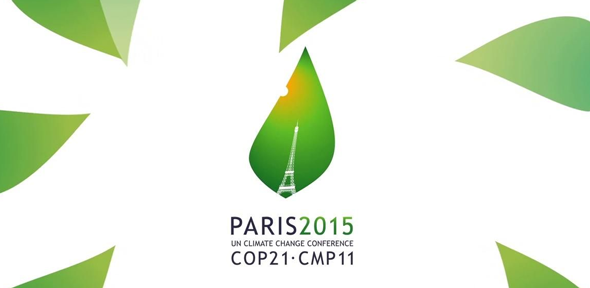Russia – the dark horse of climate negotiations?
Laura Hanning Scarborough
Amongst the international climate community everyone is betting on COP21 in Paris being the new Kyoto – an enforceable climate agreement with inscribed targets for finance and emissions reductions. Secretly, experts are crossing their fingers hoping to avoid the ‘Copenhagen scenario’, where in 2009 parties failed to achieve the much anticipated historic consensus. While many components of the new agreement such as finance, the role of the private sector, mitigation and adaptation have been widely explored, I would like to focus on the negotiations themselves and one relevant yet often overlooked party that could stand in the way of success in Paris: Russia.
There are four determinants that render Russia an important yet unpredictable party in the upcoming UN climate negotiations: the level of Russia’s emissions, its track record in climate negotiations, the state of its economy and its current geopolitics.
Firstly and fundamentally, it goes without saying – Russia is a major emitter. According to WRI, Russia is one of the five top greenhouse gas (GHG) emitters in the world and has the most intensive energy system (the energy sector is the dominant source of GHG emissions). In fact, if we exclude land-use change and Forestry Per Capita, according to 2012 figures, Russia is second only to US in terms of global emissions. So while the focus is predominantly on China and the US, there is curiously little analysis on Russia’s responsibilities, respective capabilities and willingness to deal with climate change.
Historically, leading the Eastern and Central European bloc of the former Soviet countries, Russia played a decisive role during the successful Kyoto negotiations. Economies in transition (EiTs) required special treatment after the collapse of the Soviet Union, and there was no deal without more lenient targets and favourable policy instruments. In fact, according to commentators, the access to potentially lucrative emission trading mechanisms for EiTs smoothed the way for the Kyoto Protocol. But due to a number of factors Russia did not reap any material profits from emissions trading and this time round it might be even more suspicious of the financial potential of an international climate regime.
Russia’s power to disrupt the UN climate process was showcased again in Doha in 2012. Together with Ukraine and Belarus it attempted to block the vote for the second commitment period of the Kyoto Protocol. When Ukraine conceded and joined the negotiating text with a conditional 20 per cent reduction target for 2020, the Russian Federation refused to be part of it completely. It basically declined to be part of a legal commitment. Following the diplomatic row, a process to address the UN voting procedures (an official explanation of Russia’s Doha amendment block) has been undertaken but more worryingly if Russia was playing the role of an outlier with major legal consequences, will it do it again? Can we imagine a Paris agreement without Russia?
Successful outcome under the UN regime requires unanimous acceptance. Every party has a veto right but the current geopolitical landscape doesn’t lend itself to constructive and amicable negotiations in Paris. Many members of the former Eastern and Central bloc became members or allies of the EU and NATO. Moreover, ever since the annexation of Crimea, Russia is de facto at military conflict with one of its major allies in the climate negotiations, Ukraine, and as a result finds itself alienated by other major economies, members of NATO and the elite G8 group of leading economies. Russia’s struggling economy and structural fragility has also suffered from sanctions imposed by the EU, US and Canada.
Furthermore, macroeconomic challenges, such as the fall in the oil price and depreciation of the Russian ruble are causing significant damage to Russia’s financial situation. According to the European Bank for Reconstruction and Redevelopment (EBRD) Russia is expected to suffer a significant recession for two years. Therefore, a climate agreement encouraging fossil fuel divestment is the last thing Russia will want, even if it provides a framework for low carbon development.
These considerations render Russia an exposed and unpredictable party in the upcoming climate negotiations. True, Russia submitted its pledge (INDC) to limit anthropogenic greenhouse gases to 70–75 per cent of 1990 levels by the year 2030 (according to Climate Action tracker – inadequate contribution to reach a 2°C pathway), on time, ahead of many other countries and only few hours after the US. Albeit this was with caveats, such as reserving the right to decide on the final commitment depending on INDCs of other major emitters and lenient accounting rules for forest use. This can be taken as Russia’s genuine intention to participate constructively in the climate negotiations in Paris. But don’t be fooled by such gestures. Party positions in international negotiations are underlined by a complex set of considerations both on climate and the wider landscape of international relations and national politics. If history is anything to go by, Russia remains a dark horse in the process, the power of which should not be underestimated in trying to predict Paris success.
This post is in the #100DaysToParis series from CISL.

